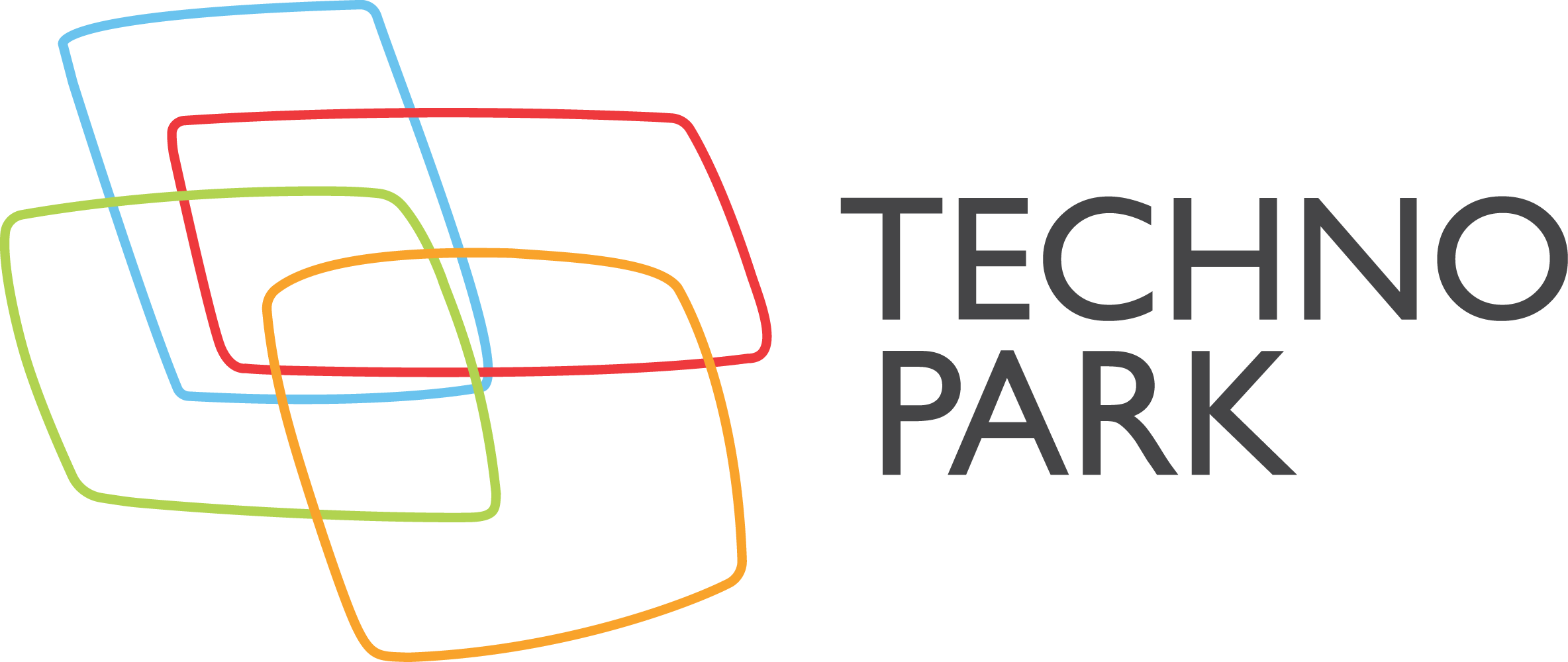The world of work is evolving rapidly and the skills employers look for in new hires are changing. Soft skills are a favourite topic among business recruiters. What are soft skills, and what role do they play in future-proofing your job?
The changing employment landscape
The employment landscape is changing. From the normalisation of remote work to the growing automation of job activities, the skills that employers look for in new hires have become less “quantifiable, measurable and teachable”.
This changing landscape of work has been found to result in an ever-increasing anxiety among young and old professionals alike, as they ask themselves what skills they require to stay relevant and increase their worth.
One thing that seems to be evident, however, is that soft skills — such as communication, emotional intelligence and adaptability — have become crucial success factors. Candidates with strong soft skills are not only in high demand for many different types of jobs, but have the ability to increase their earnings and future-proof their employability.
What are soft skills and why do they matter?
Certifications, software know-how, and second languages are all important bullet points on a CV, depending on the job you are applying for. These hard skills are directly relevant to your job and display a technical knowledge for the specific tasks required for work to be completed effectively.
Hard skills can be taught and include aptitudes in, for example:
- data analytics
- accounting
- IT
- computer/software programming
- foreign languages
Soft skills, on the other hand, are less quantifiable.
Commonly known as “people” or interpersonal skills, soft skills like leadership, negotiating, building morale, and maintaining relationships are “human skills” that help businesses increase revenue and employees increase their wages. These human skills enable employees to, among other things, fit into a workplace, adapt to difficult situations and solve problems. They include a person’s personality, attitude and flexibility, and are often traits that help employers decide whether to hire a new employee, keep an employee on, or who they will promote.
Although the list of soft skills that employers look for in candidates can be extensive, we decided to look more closely at the following six soft skills that can help to future- proof your job in the current work order:
- Effective communication
- Domain knowledge
- Emotional intelligence
- Adaptability and resilience
- Self-motivation and direction
- Integrity
1. Effective communication
How well do you communicate?
Good communication is an essential tool in achieving productivity and maintaining strong working relationships at all levels of an organisation. The ability to communicate in a clear and persuasive manner gives you the power to gain and hold a person’s attention, coordinate work across teams (and geographies), and ultimately drive positive action. The most basic form of communication is constructing a compelling story. Compelling storytellers weave soft and hard data together in a provocative narrative to enlist the emotions of others.
2. Emotional intelligence
How empathic are you?
Communication is a two-way process, and the best communicators are also great listeners. Listening is one part of a greater development of empathy and social-emotional skills in people. Empathy and emotional intelligence require self-awareness and enable one to listen more effectively to others and understand them better. The most basic level of emotional competence is being able to recognise the emotions at play in the context of analysis and action. The next level is the ability to successfully intervene in an emotionally complex situation, when people are hurt or uncertain. At the highest level, emotional competence involves persuading individuals and groups by evoking emotion, while simultaneously recognising that some team members don’t buy into what you’re saying. The ability to understand and read the emotional current of a person, meeting, or organisation will set you apart, not only from your human competition, but from the tech that is slowly encroaching on your domain.
3. Domain knowledge
How well do you know your domain?
While communication is important in conveying information, and emotional intelligence allows you to better read situations, a deep knowledge of a domain affords you a rich base of knowledge to draw from. The deeper your knowledge of a domain, the more you can appreciate the specific dynamics and nuances of that domain. Furthermore, understanding different contexts within any given domain setting will afford you the expertise to deliver the right information in the right manner and at the right time. The combination of expertise and the ability to move new knowledge forward is a key driver for success and competitive advantage.
4. Adaptability and resilience
How adaptable are you to change?
If the COVID-19 pandemic has proved anything, it is that the ability to adapt to change and manage uncertainty is an essential skill in the current work order. Being adaptable, flexible, and mentally agile allows a person to confidently tackle challenges. Agility and flexibility — which go hand in hand with adaptability — allow workers to bring and implement fresh ideas. Employers know that people who adapt well stay current. They therefore look for informed candidates that are curious, inquisitive and constantly seek new knowledge and skills in order to overcome challenges they might face.
5. Self-motivation and direction
How motivated are you?
The normalisation of remote work has amplified the need for workers to be self-motivated and self-directed. These character traits enable people to take initiative and ownership of their work, set achievable goals against a schedule and take steps accordingly, and adapt their plans as necessary. In a future where things are constantly changing, these skills are paramount to success.
6. Integrity
Do you act with integrity?
Integrity is the quality of being honest and having strong moral principles. In the workplace, integrity above all refers to having “upstanding character traits and work ethics including sound judgement, honesty, dependability, and loyalty”. Along with adaptability and self-motivation, employers look for job applicants who take responsibility for their actions and are trustworthy and reliable. Such personalities act with humility and respect other people’s time. Moreover, they give others credit and take full ownership of their work. Employers know that people are not perfect. If you can, however, display integrity in the way you approach your work and others, you will certainly stand out from the crowd and set yourself up for long-term success.
Taking soft skills to the market
Assessing soft skills has become an essential part of the hiring process. It is therefore important that you amplify your strengths and work on your weaknesses to adapt more quickly and easily as the future of work continues to evolve. In this article we briefly highlighted six soft skills that could future-proof your job. The list is, however, not exhaustive and merely starts the conversation. It serves as a starting point for you to identify and develop the soft skills in yourself that not only make you a stronger job applicant, but, moreover, give you the tools to remain relevant in a world where technology is changing the order of things.

